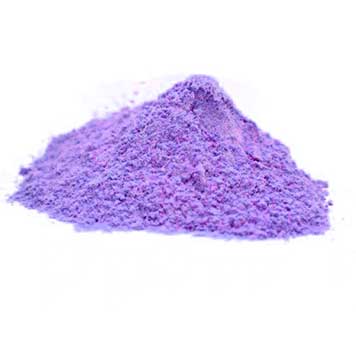3. Enhanced Flexibility The design of the belt allows for enhanced flexibility, which is crucial in transferring power between various engine components smoothly. This flexibility helps reduce stress on the belt, prolonging its lifespan and maintaining the reliability of the engine's performance.
...
2025-08-14 13:46
2837


